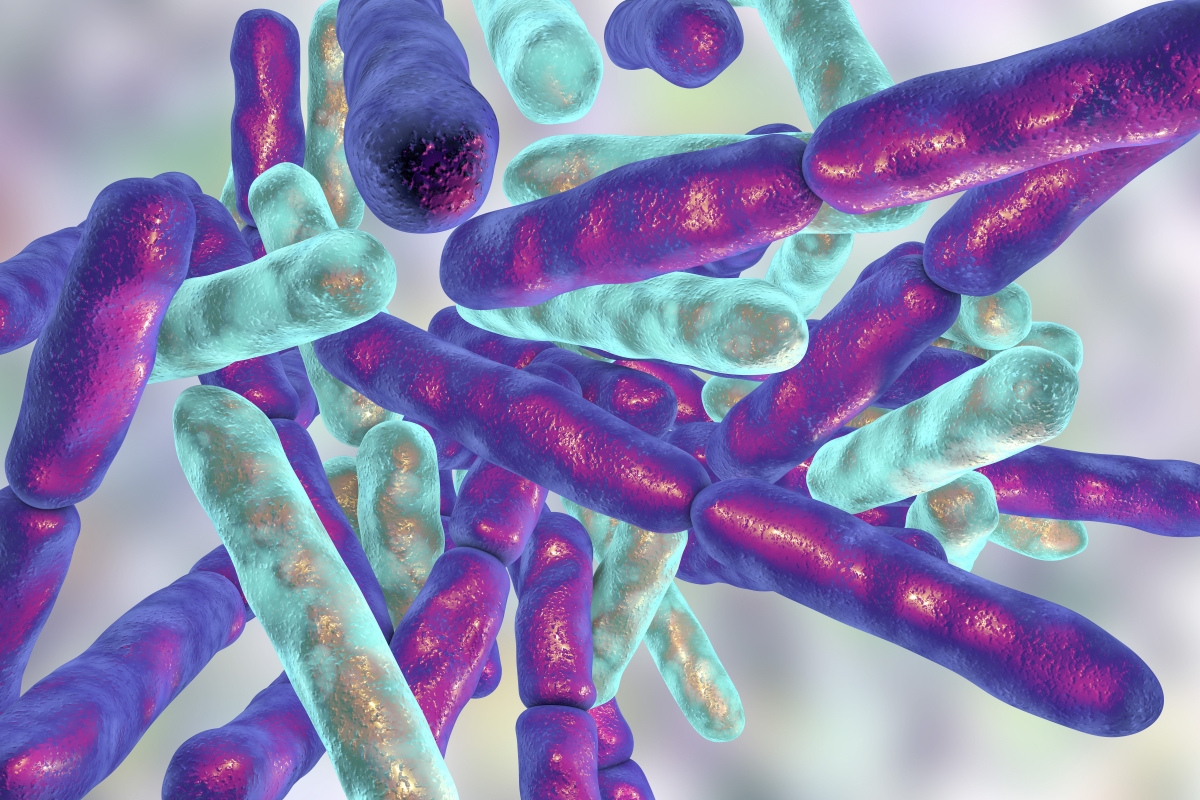Probiotic Bifidobacterium longum NCC3001 reduces depression scores and alters brain activity: A pilot study in patients with Irritable Bowel Syndrome
As the role of probiotics on psychiatric comorbidities are not well known although its beneficial effects on irritable bowel syndrome (IBS) are well reported, this 2017 randomized, double-blind placebo-controlled trial analyzed the impact of the probiotic bacteria Bifidobacterium longum NCC3001 (BL) on anxiety and depression in patients with IBS. The 44 participants of this trial were students at McMaster University in Canada and had IBS and diarrhoea or a mix of stool patterns (based on Rome III criteria), coupled with mild to moderate anxiety and/or depression (based on the Hospital Anxiety and Depression scale). The students were assessed on clinical history and symptoms and their blood samples were taken, before being randomly allocated to either BL (n = 22) or placebo (n = 22) for 6 weeks. The organizers provided validated questionnaires at weeks 0, 6 and 10, to measure severity of anxiety and depression, IBS symptoms, and report their quality of life and stress/mood. In addition, stool, urine and blood samples were collected and a functional magnetic resonance imaging (fMRI) test was performed at weeks 0 and 6. The patients’ brain activation patterns, fecal microbiota, urine metabolome profiles, serum markers of inflammation, neurotransmitters, and neurotrophin levels were also monitored. The results showed that BL did not significantly modulate anxiety or IBS symptoms, but at week 6 reduced the depression scores of 14 out of 22 subjects by 2 points or more, compared to 7/22 patients in the placebo group. Moreover, depression scores at week 10 were lower in the BL group than placebo. BL also reduced responses to negative emotional stimuli in the amygdala and fronto-limbic regions of the brain (as indicated by the fMRI), and increased quality of life scores, to a greater degree than the placebo. The 2 groups had similar fecal microbiota profiles, serum markers of inflammation, and levels of neurotrophins and neurotransmitters, but those given BL exhibited lower levels of methylamines and aromatic amino acids metabolites present in the urine. Pinto-Sanchez and her team (2017) have discovered the antidepressant effect of the probiotic BL, which can be associated with alterations in brain activation patterns, demonstrating the probiotics’ ability to reduce limbic reactivity. [NPID: probiotics, gut-brain axis, gut microbiota, gut bacteria, microbiota, gut microbiome, stress, prebiotics, depression, anxiety, IBS, amygdala, fronto-limbic, inflammation, Bifidobacterium longum]
Year: 2017
 Navigation
Navigation






